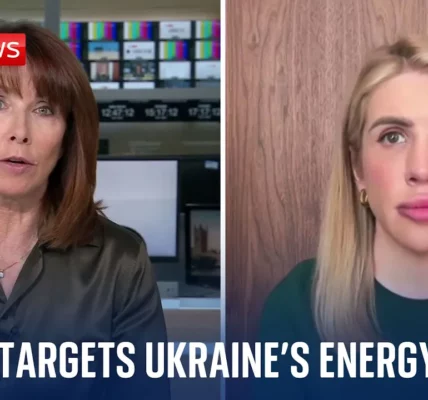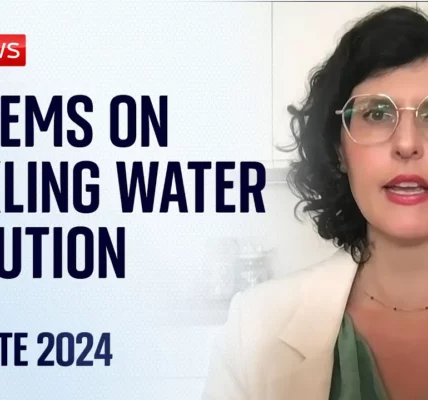Migration Crisis: The Perilous Journeys Across the English Channel

In recent months, the migration crisis has reached alarming levels, with a significant surge in the number of migrants attempting to cross the English Channel from France to the UK. This article delves into the dangerous journeys undertaken by these individuals, the challenges they face, and the broader implications of this humanitarian issue.
Introduction
As Europe grapples with a mounting migration crisis, the English Channel has become a focal point for those seeking refuge from conflict, persecution, and economic hardship. With reports indicating the highest number of crossings in 18 months, the situation is dire. Migrants are often forced to take dangerous routes facilitated by smugglers, risking their lives in search of safety and a better future.
The Current Situation on the French Coast
Recent reports from northern France highlight the desperate attempts of migrants to cross the Channel. On one particular day, 15 small boats carried nearly 900 migrants, marking a significant spike in crossings. The following subsections outline the key elements of this ongoing crisis:
1. The Process of Crossing
Many migrants set off from a single stretch of beach, often coordinating with smugglers who have adapted their tactics to evade law enforcement. Here’s how the crossing typically unfolds:
- Migrants are hidden in dunes until a pre-arranged signal prompts them to rush to the beach.
- Once on the beach, they strap on life jackets and wade into the water to board waiting dinghies.
- Smugglers use larger boats capable of carrying more individuals to maximize profits and minimize the risk of detection.
2. Challenges Faced by Migrants
The journey across the Channel is fraught with dangers, including:
- Risk of capsizing and drowning due to rough waters.
- Potential encounters with law enforcement, which can lead to arrests or confiscation of boats.
- The psychological toll of leaving behind family and home while risking everything for a chance at a better life.
3. Government Response and Political Ramifications
The rise in crossings has sparked heated political debates within the UK. The government is under pressure to manage the crisis effectively while ensuring the safety of migrants. Key points include:
- Implementation of stricter border enforcement measures.
- Development of policies aimed at deterring crossings, such as the controversial Rwanda plan.
- The challenge of balancing humanitarian concerns with national security interests.
Broader Implications of the Migration Crisis
The migration crisis is not solely a UK issue; it reflects a larger pattern of global displacement driven by conflict, persecution, and environmental factors. This section explores the interconnectedness of these issues:
1. Global Displacement Statistics
According to recent reports, the number of people displaced globally continues to rise, with millions fleeing conflict zones such as Sudan. In fact:
- Over 120 million people are currently displaced due to violence and persecution.
- Many of these individuals seek refuge in Europe, often facing treacherous journeys in the process.
2. The Role of Smugglers and Traffickers
Smugglers play a significant role in facilitating these dangerous crossings. Their operations have evolved to exploit gaps in enforcement. Key points include:
- Smugglers now utilize larger vessels and sophisticated tactics to evade detection.
- They often operate with little regard for the safety of their passengers, prioritizing profit over human lives.
3. The Need for Comprehensive Migration Policies
To address the root causes of migration and improve the safety of individuals seeking asylum, comprehensive policies are essential. Suggestions include:
- Increased international cooperation to tackle the issues driving migration.
- Expanding legal pathways for migrants to seek refuge without resorting to dangerous crossings.
- Investing in humanitarian aid and support in countries affected by conflict and climate change.
Conclusion
The migration crisis across the English Channel is a complex and multifaceted issue that requires immediate attention and action. As the number of migrants attempting to cross continues to rise, it is imperative for governments to work collaboratively to address the root causes of migration and ensure the safety and dignity of all individuals seeking refuge.
To stay informed and support efforts to address this humanitarian crisis, consider following updates from trusted news sources and engaging with local organizations working to aid migrants.
“`




